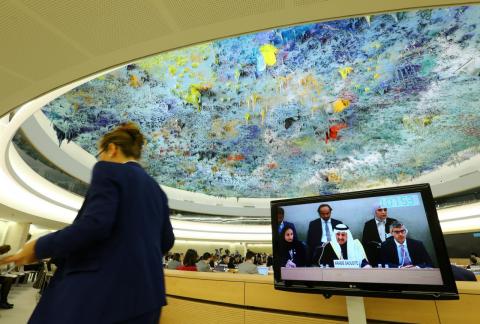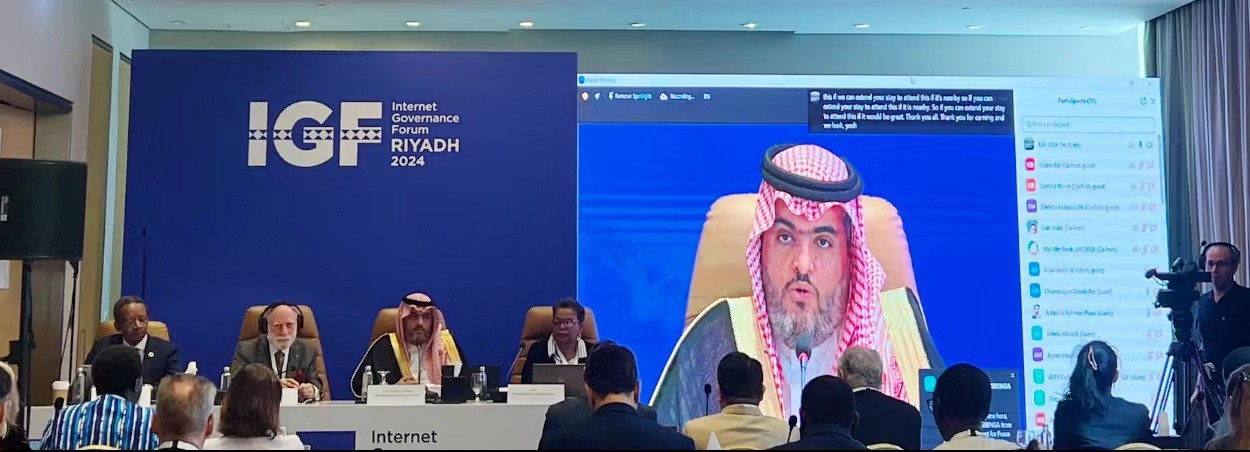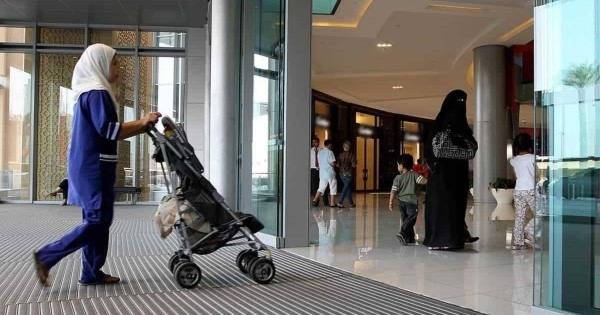Saudi Arabia’s human rights record continues to be deeply concerning. This report includes the four most alarming points at present in Saudi Arabia; including the killing of migrants, repression of dissidents and systemic discrimination against women. The following sectors covered by this report violate international Human Rights standards and demand urgent attention. Criminal Justice, Arbitrary[…]
Saudi Arabia is set to host the United Nations’ Internet Governance Forum in Riyadh at the end of this year, from the 15th to the 19th of December. The United Nations’ division was created as a multistakeholder platform facilitating the discussion of public policy issues pertaining to the internet, in December, the program will be[…]
Perhaps not-so-well-known, transnational repression constitutes a threat to human rights that has been going on for decades. The phenomenon, which entails governments reaching beyond their borders to silence or deter dissent by committing human rights abuses against their nationals or former nationals, has been extensively documented by Human Rights Watch. The 2018 murder and dismemberment[…]
In April 2024, the Court of Appeal in Saudi Arabia approved two death sentences for Yousif Al-Manasif and Ali Al-Mubaiouq, both Saudi nationals, who were accused of protest-related crimes allegedly committed as children. The two men were arrested between April 2017 and January 2018 for protesting against the government and ‘betraying the homeland’, a time[…]
Saudi Arabia faces complexities of informal domestic work, a sector marked by vulnerabilities and abuses. Despite some efforts towards regulation, the issue of domestic workers in the kingdom remains a pressing concern. While Decision No. 310/1434 of 2013 extended certain protections to this marginalized workforce, significant gaps persisted, leaving workers exposed to exploitation. Under the[…]









